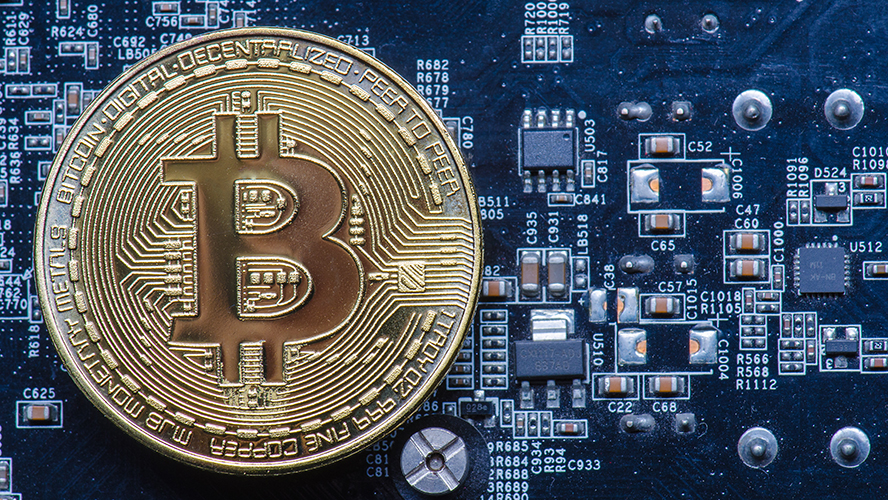On December 18, 2019, the Securities and Exchange Commission announced settled charges against blockchain technology company Blockchain of Things Inc. (BCOT) for conducting an unregistered initial coin offering (ICO) of digital tokens. BCOT raised nearly $13 million to develop and implement its business plans, including developing its blockchain-based technology and platform, referred to as the “Catenis Enterprise” or “Catenis Services” (collectively, “Catenis”).

BCOT conducted the ICO from December 2017 through July 2018 (the “Offering Period”), after the SEC had warned in its DAO Report of Investigation that ICOs can be securities offerings. The settlement alleged that the BCOT Tokens were securities and that they were offered and sold in violation of Section 5 of the Securities Act of 1933 because BCOT did not register its ICO thereunder, nor did it qualify for an exemption from its registration requirements.
With respect to the status of the BCOT Tokens as “securities” under the federal securities laws, the SEC brushed aside the fact that purchasers of the BCOT Tokens were required to represent that “they were not purchasing BCOT Tokens for ‘future appreciation’ or ‘investment or speculative purpose[s].’” Rather, the SEC focused on statements in the offering documents that it found nevertheless would lead purchasers to “reasonably have expected that BCOT and its agents would expend significant efforts to develop [its] platform . . . increasing the value of their BCOT Tokens.”
Factors the SEC found also weighed in favor of BCOT Tokens being securities include:
(i) the BCOT platform was not fully functional during the Offering Period, i.e., during the Offering Period Catenis was functioning only in a beta mode;
(ii) BCOT reserved the right to adjust the price of Catenis Services in its discretion, “based upon its operating costs and market forces”; and
(iii) the BTOC Tokens “were designed to be freely transferrable upon issuance and delivery, with no restrictions on transfer.”
The remedies agreed to in the BCOT settlement include: (i) the payment of a monetary penalty of $250,000; (ii) the registration by BTOC of the BCOT Tokens as a class of securities under the Securities Exchange Act of 1934 and compliance with the reporting requirements thereunder; and (iii) implementation of a protocol under which (x) purchasers of the BTOC Tokens during the Offering Period are notified of their potential claims under the Securities Act “to recover the consideration paid for such securities with interest thereon, less the amount of any income received thereon,” and (y) all payments that BTOC deems to be due and adequately substantiated are made.
The BCOT settlement is similar to the enforcement actions settled by the SEC with Gladius Network LLC on February 20, 2019, and CarrierEQ, Inc. (d/b/a Airfox) and Paragon Coin, Inc., each on November 16, 2018. As in the case of the Gladius settlement, the BTOC settlement provides explicitly for the possibility that BTOC might in the future renew its argument that the BCOT Tokens are not securities under the Exchange Act and, therefore, BTOC should not be required to maintain the registration of its Tokens thereunder. None of these enforcement actions included allegations of fraud. However, the Gladius settlement is distinguishable in that the company self-reported its violations and was not required to pay a monetary penalty.
It is also noteworthy that, in conjunction with the BTOC settlement, the SEC issued an order to BTOC under Rule 506(d)(2)(ii) of the Securities Act granting a waiver of the Rule 506(d)(1)(v)(B) disqualification provision thereunder. We are not aware of similar relief having been requested or granted to Gladius, AirFox or Paragon, though it was granted in conjunction with the BlockOne/EOS settlement that was entered on September 30, 2019.
The BTOC settlement clearly shows that the SEC is still applying a strict view with regard to violations of Section 5 of the Securities Act while at the same time showing slightly more flexibility in its remedies to those Section 5 violations.
